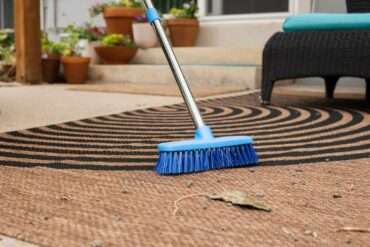Table of Contents
Hi there! It becomes increasingly important to keep your home dry and fresh as the rainy season draws near. Our clean homes can suffer greatly from wet weather, which brings with it issues like moist walls, foul aromas, musty smells, and elevated humidity. To make matters worse, muddy footprints and dirt may travel fast throughout the house. Although there are benefits to the monsoon, it also brings mildew, fungus, stale air, and slushy roadways. Keeping your house tidy and managing moisture well can have a huge impact. With these five useful suggestions, you can minimize moisture and keep your home dry during the rainy season, regardless of the intensity of the deluge.
#Tip 01: Proper Ventilation

The foundation of a dry and healthy home is adequate ventilation. It inhibits the growth of mold and mildew and lowers humidity levels.
Open Windows and Doors: Let fresh air in and lower the humidity level in your home by opening your windows and doors whenever the weather permits.
Use Exhaust Fans: To get moisture-laden air outside, use exhaust fans in the kitchen and bathroom.
Install Ventilators: Take into consideration adding ventilators to spaces like attics and basements that have a tendency to retain moisture.
How to Properly Dry garments: Hang your garments in well-ventilated areas and keep them out of moist cabinets.
Prevent Moisture Buildup: To stop bugs from making nests inside your clothing, use environmentally friendly insect repellents such bay leaves and lavender sachets.
Extra Moisture Removal: To get rid of any extra moisture in your garments, use cloth bags and newspaper rolls.
Even in rainy conditions, proper ventilation may drastically lower the amount of moisture in your house, keeping it dry and fresh.
#Tip 02: Dehumidifiers and Moisture Absorbers
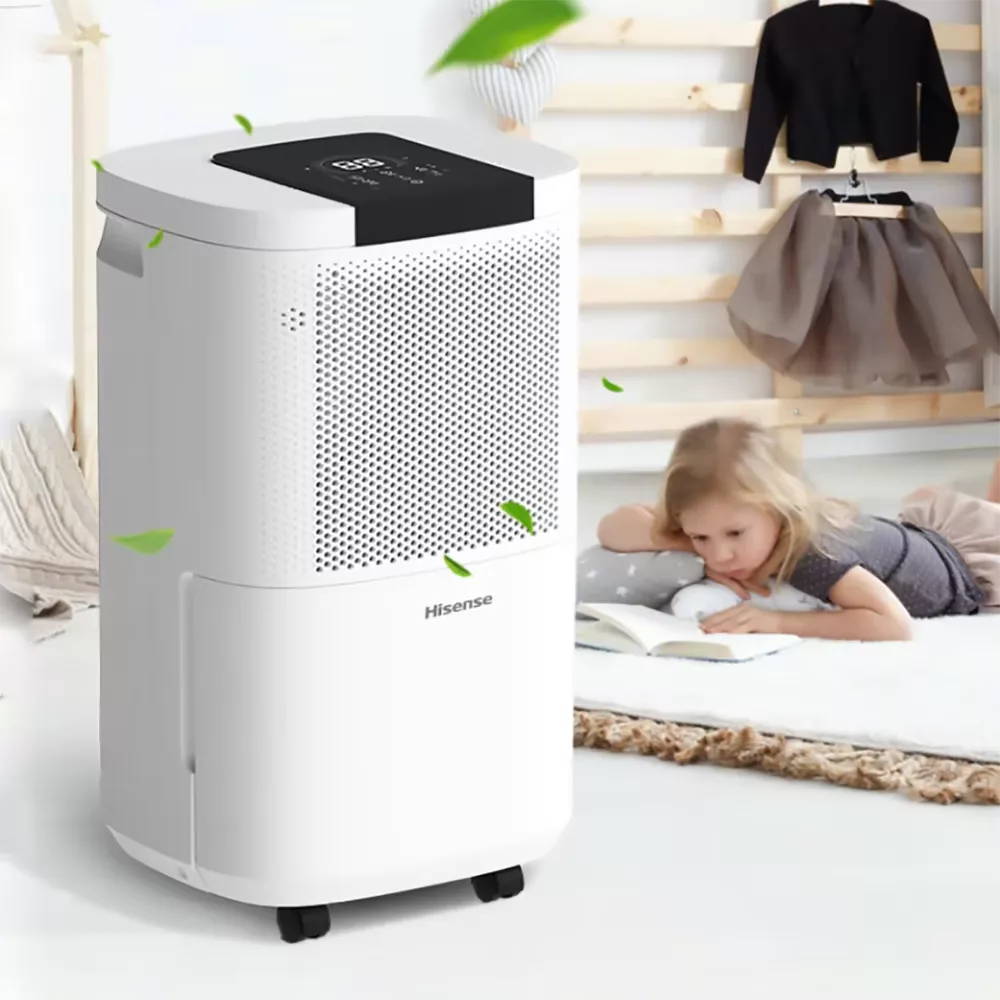
Moisture absorbers and dehumidifiers are great appliances for managing humidity levels and avoiding moisture buildup in your house.
Employ a dehumidifier: A dehumidifier helps avoid dampness and musty odors by eliminating extra moisture from the air in your house. It prevents the growth of mold, mildew, and other bacteria that might cause health problems by regulating humidity levels. Utilizing a dehumidifier can significantly improve the humidity level in your property and keep your living space fresh during rainy seasons, especially in troublesome places like attics or basements.
Organic Wet Absorbers: To lessen moisture during the rainy season, use natural moisture absorbers in closets and small places, such as baking soda, silica gel, or activated charcoal.
Houseplants: Use indoor plants that can naturally absorb moisture from the air, such as ferns and peace lilies.
You may successfully lower the humidity in your house and keep it dry and odor-free by employing dehumidifiers and moisture absorbers.
#Tip 03: Regular Cleaning
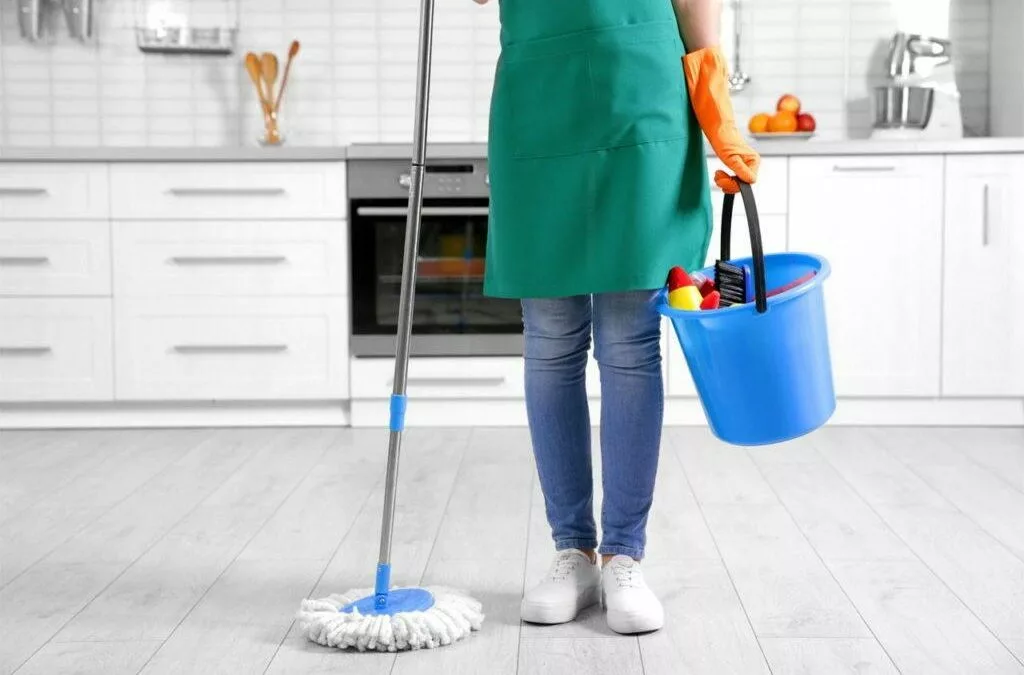
Keeping your house clean is essential to fending against the negative impacts of rainy weather. Maintaining your home dry and preventing the formation of mold and mildew, which prefer moist conditions, can be achieved by routine cleaning.
Natural Cleaners: To leave a sweet lavender aroma behind after cleaning floors and surfaces, use Premium Biomaterials’ Hygiene Natural Floor Cleaner.
Prevent Fungus and Mold: Cleaning during the rainy season is crucial to preventing the growth of mold and fungus on the walls. Mold is a disgusting, blackish growth that grows on your walls; when it gets toxic, it’s a fungus. This dense creature, which is typically found in damp and humid spaces like the bathroom or basement, is not constantly creeping on your walls.
Wipe Down Surfaces: To get rid of extra moisture and stop the growth of mold, wipe down surfaces, windows, and walls on a regular basis.
Laundry Care: To prevent musty odours, make sure your laundry is completely dry before putting it away.
How are fungus and mold recognized?
Paint Bubbling: If you see little lumps beneath the paint on your walls, there is likely mold growing there as well as wetness.
Chimney Odor: If your chimney smells musty, it’s most likely harboring some mold due to the moisture in the kitchen.
Allergies: If you do not have asthma, you may experience symptoms such as cold, cough, itching, and watery eyes.
How can mold be avoided and eliminated?
Bleach: Gets rid of mold and mildew from bathroom mats, shower curtains, walls and tiles.
Borax and vinegar: A solution can be applied to the afflicted regions and scrubbed in.
Exhaust Fans: To provide enough ventilation, install an exhaust fan in your bathroom.
Fix Leaks: Immediately fix any leaks in the restrooms and kitchen.
#Tip 04: Fix Leaks and Damp Walls
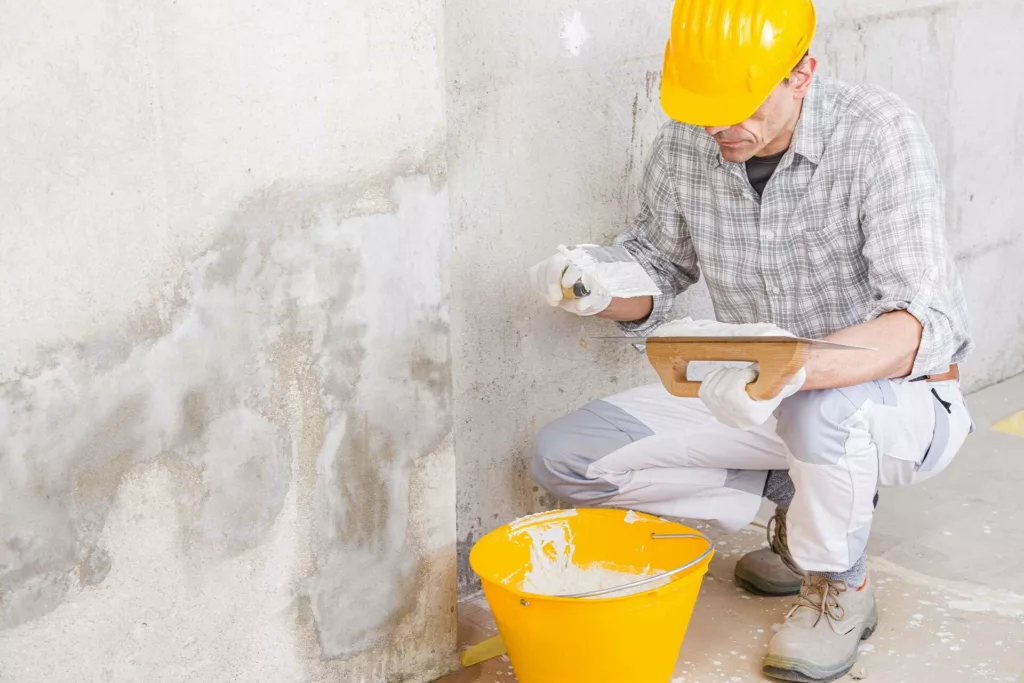
Wet walls and leaks are frequent problems in the rainy season. Maintaining a dry home environment requires quick attention to these issues.
Examine and Fix: Consistently check your house for any leaks in the walls, plumbing, or roof, and fix them right away.
Waterproofing: Take into account waterproofing options for your house, particularly in wet areas.
Treat Damp Walls: To lessen the chance of mold and mildew, treat and prevent damp walls with specific chemicals.
In order to prevent serious problems brought on by rainy weather, you should prioritize timely repairs and waterproofing to keep your home dry and pleasant.
#Tip 05: Keep Your Home Smelling Fresh
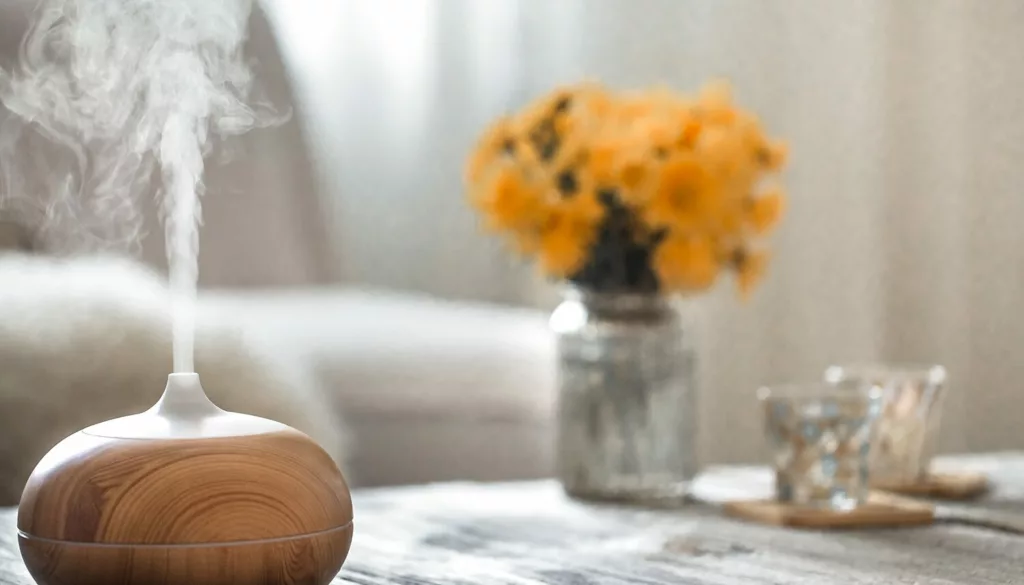
Musty odors can be brought in by rainy weather and are difficult to remove. The appropriate chemicals along with moisture control will keep your house smelling great.
Employ Natural Sprays: To invigorate your living areas, select Premium Biomaterials Natural Room Spray. Our room freshener leaves a cozy and pleasant scent that lifts the mood in the room.
Frequent Airing: To avoid unpleasant odors from accumulating, regularly air out closets and storage spaces.
Scented Sachets: To keep a nice perfume, keep scented sachets in cabinets and drawers.
Even on the most humid days, you can maintain a welcoming and fresh scent in your house by using the proper products and following a few easy steps.
5 Mistakes to Prevent a Dry and Clean Home When it’s rainy outside
Prevent Insects from Procreating: Use dry restrooms and pest control to avoid insect and mosquito infestations.
Avoid Using Rugs and Carpets: Rugs should be stored to prevent mould growth and musty odours.
Avoid Water Stagnation on Floors: Mop up damp floors right away and use absorbent mats.
Avoid Having Mold and Fungus Grow on Walls: Use cleaning products to get rid of mold and keep spaces aired.
Remember to Treat Your Walls for Dampness Prevention: Sealants and waterproof paints can help you quickly deal with wet areas.





